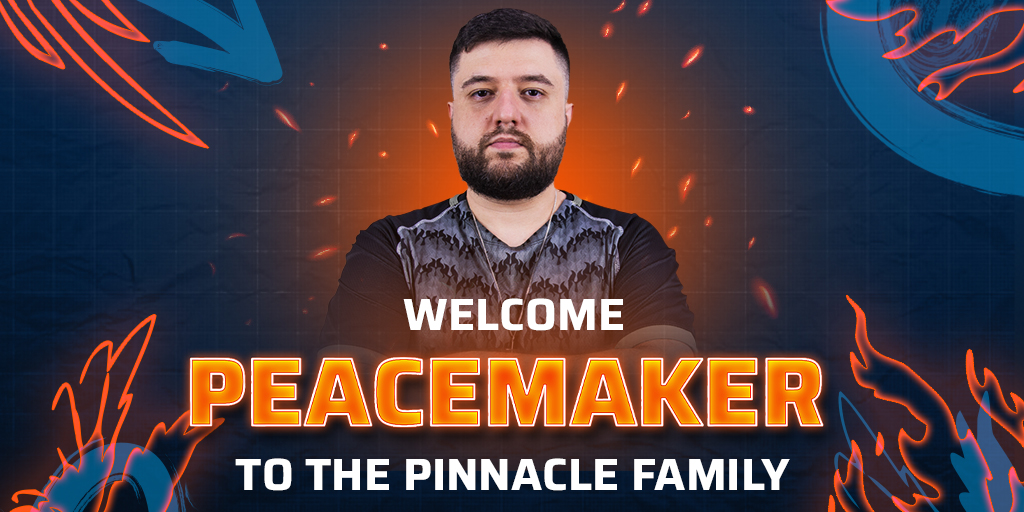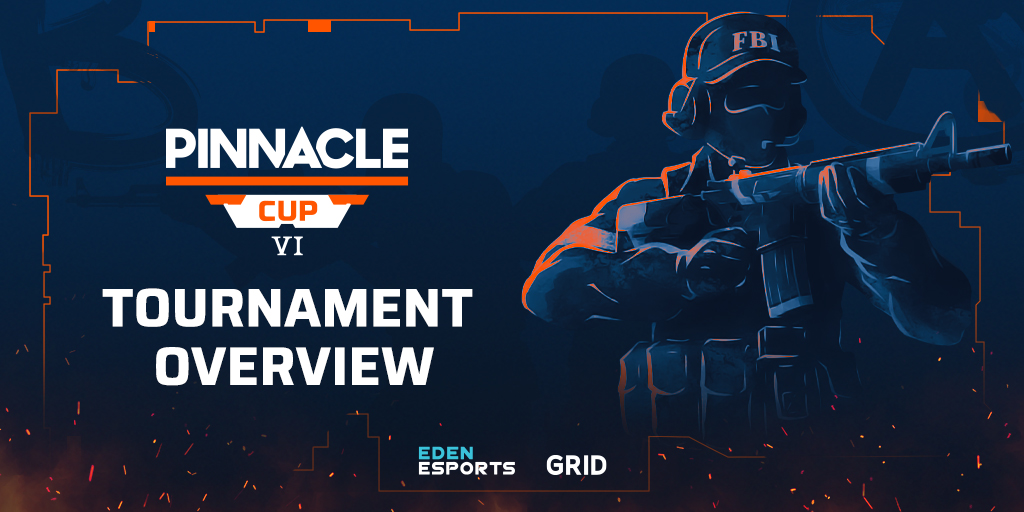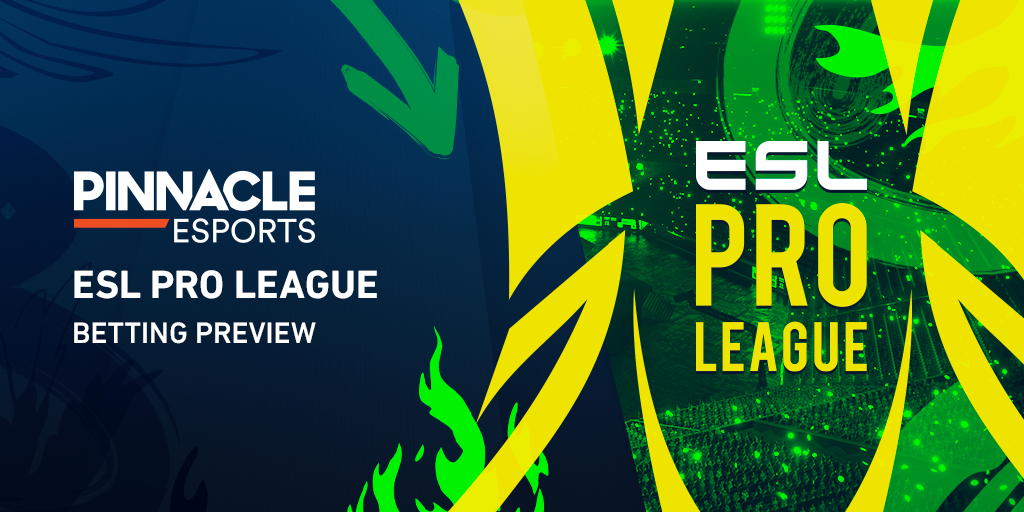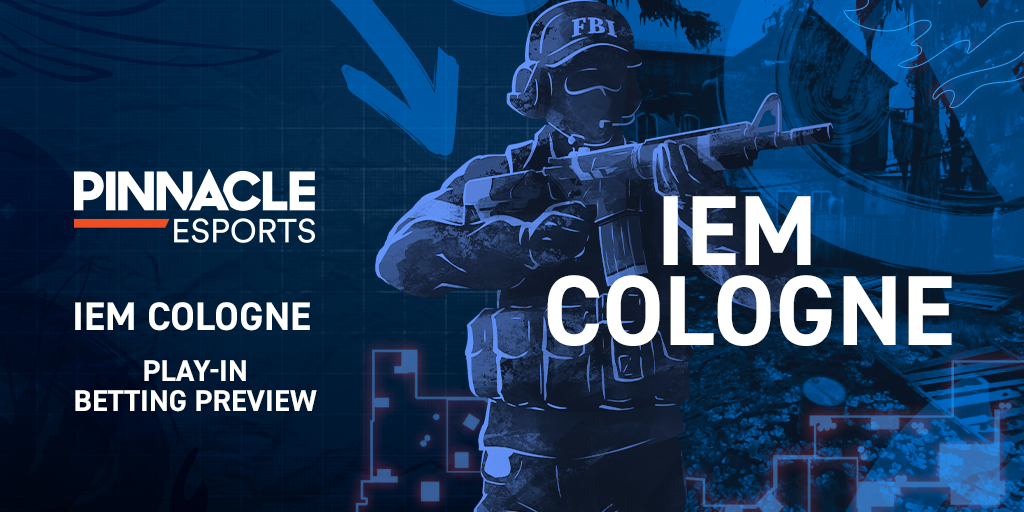Counter-Strike: Global Offensive has reinforced the franchises' position as one of the most important esports games of the last decade. Its popularity has also seen a huge growth in CS:GO betting, but if you are one of those esports fans that is new to the idea of betting on CS:GO, this introduction will help you start.
What is CS:GO?
Counter-Strike: Global Offensive is a multiplayer first-person shooter (FPS) that revolves around the battle between two teams, the Terrorists and the Counter-Terrorists. The match is played over 15 rounds a half, with the first team to reach 16 rounds (unless in overtime) winning the match.
In order to win a round (and earn a point) a team must eliminate every member of the opposing team and/or complete separate Map objectives.
Terrorists must plant an explosive and make sure it detonates before the time runs out, while the Counter-Terrorists have to prevent the explosive from ever being planted, defuse it if it is planted, or have the time run out before the Terrorists complete their objectives.
Brief history of CS:GO
Counter-Strike was created in 1999 as a mod for the popular FPS game Half-Life - it was created by two students called Minh Le and Jess Cliffe. It was free to download upon release, with them expecting it to not gain much popularity. To their surprise, the mod proved to be an instant hit, and not long after, Valve purchased the game’s intellectual property rights.
The series then continued with Counter-Strike: Condition Zero in 2004, developed by Turtle Rock Studios, however the vast majority of the competitive community remained with the original title ( at version 1.6) until later in the same year. The release of Counter-Strike: Source saw a split that lasted for nearly eight years, with significant portions of the player base moving to the newer game that featured an updated physics engine. While big events were initially there for CS:S, the larger portion of the competitive community remained with CS 1.6.
Maps vary and teams are stronger on some Maps than others, the odds for betting on CS:GO maps may not always reflect the odds of winning the whole match
In 2012 CS:GO was released, developed by Hidden Path Entertainment, who had previously worked on Counter-Strike: Source post-release. The aim was to unify both competitive scenes, and the first step made to do this was to invite players from both 1.6 and Source to the testing process. The game was met with cautious optimism when it was released and took a while to be accepted by portions of the community, but with Valve updating the game regularly it grew in popularity.
One of the largest bumps in the game’s popularity came after the Arms Deal update in August 2013. It added skins for players to acquire and use on their weapons. The update proved to be incredibly popular, and with the Steam platform enabling people to trade and bet their skins, a whole host of new players picked up the game.
The esports scene continued to grow with many large competitions emerging, with tournament organisers entering the game’s open circuit. The most prestigious tournaments are the twice-yearly CS:GO Majors, events sponsored by Valve and organised by third-party organisers which regularly break viewing record numbers on Twitch, and all feature a $1 million prize pool. Organisers to have hosted at least one Major include ESL, DreamHack, MLG, ELEAGUE, PGL, FACEIT and StarLadder.
Who are the best teams?
As you can imagine, the top players and teams fluctuate a lot in a game such as this. A team can perform amazingly well in one tournament and be out before the playoffs in the following event. At the moment, FaZe Clan (with the veteran IGL Finn "karrigan" Andersen leading the team to their latest Major win) and Natus Vincere (with one of the best CS:GO players of all time, Aleksandr "s1mple" Kostyliev, within their ranks) are considered the top two teams.
Other teams in the top 10 include ENCE, Cloud9 (who purchased the Gambit roster earlier in 2022), Team Vitality (who now include two players and the coach of the legendary Astralis roster), and G2, with their new prodigy Ilya "m0NESY" Osipov.
For the most up to date rankings, we advise you to head over to HLTV, who update their list on a weekly basis, depending on the latest tournament results.
How do you bet on CS:GO?
Given the game’s structure, CS:GO betting is in essence no different to mainstream team-based sports betting. Team A plays Team B in win-lose-draw scenarios, so the betting works in the same way.
You can bet on the result (who will win the match-up) – this is known as the Money Line. The odds on offer reflect the perceived strength of the team based on their historical win-loss record and situational factors. Your payout is simply your stake multiplied by the odds.
Because a match is made up of individual Maps, you can also bet on the winner of each Map as well as the overall match winner. Because Maps vary and teams are stronger on some Maps than others, the odds for betting on CS:GO maps may not always reflect the odds of winning the whole match.
As well as betting on the winner of the match-up, Pinnacle also offers Handicap betting. This adjusts odds for perceived imbalances in abilities. It works by giving the weaker team a certain number of maps or rounds head start, with the favoured team handicapped by the same number of Maps or rounds. So a handicap can look like either of these:
What CS:GO tournaments are offered for betting?
Pinnacle offers CS:GO betting for all the major CS:GO tournaments including ESL Pro League, ESL One, IEM, BLAST Premier Series, REPUBLEAGUE and many more. Regular online and offline events are also available to bet on, and it is at this level where serious CS:GO followers can get an edge in the betting.
You can view Pinnacle’s esports event schedule to keep up-to-date with the latest events.
CS:GO betting: Important things to remember
As with most multiplayer titles, the key to success in CS:GO relies on both a mix of individual skill and team play. While most top teams have strong lineups in terms of individual talent, the best teams excel in communication which leads to stronger team-play.
The twice-yearly CS:GO Majors regularly break viewing record numbers on Twitch.
CS:GO has a number of unique aspects that aren’t found in many other popular esports titles, one of which includes the varying Maps and a team's mastery of them. While a team can be an underdog to win the overall match (reflected by the odds), if they’ve proved they’re strong on a certain Map then they could be a favoured choice for betting on that Map.
With each team only receiving one Map veto in a Best-of-three match before their opponent can pick a Map, knowledge of a team’s weaker Maps can prove to be especially profitable.
If this introduction to CS:GO betting has got you excited to try and use your knowledge of the game to win money, you can bet with the best CS:GO odds online at Pinnacle.







